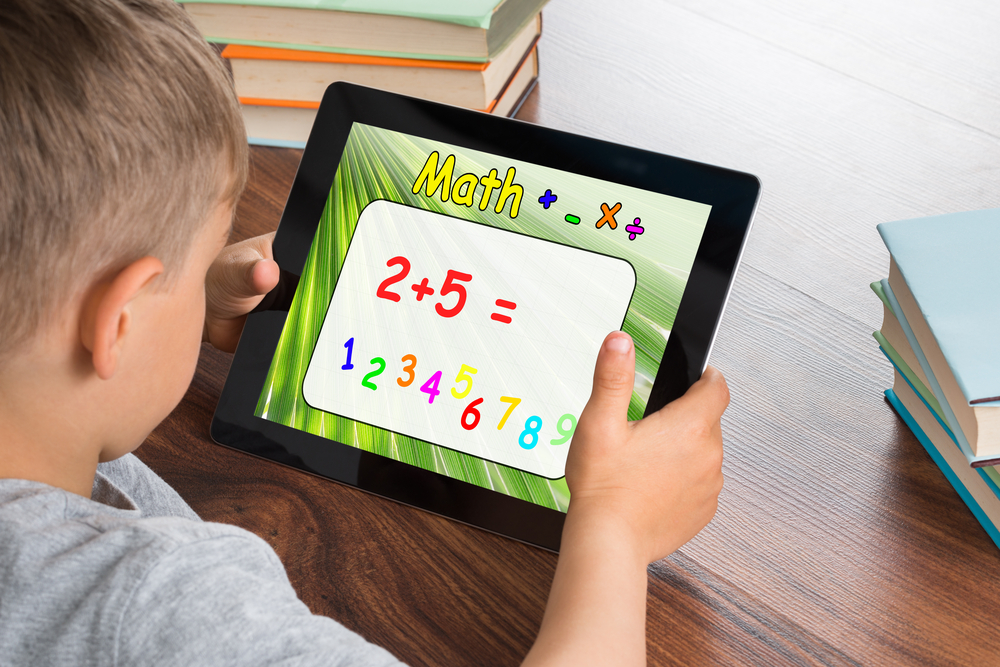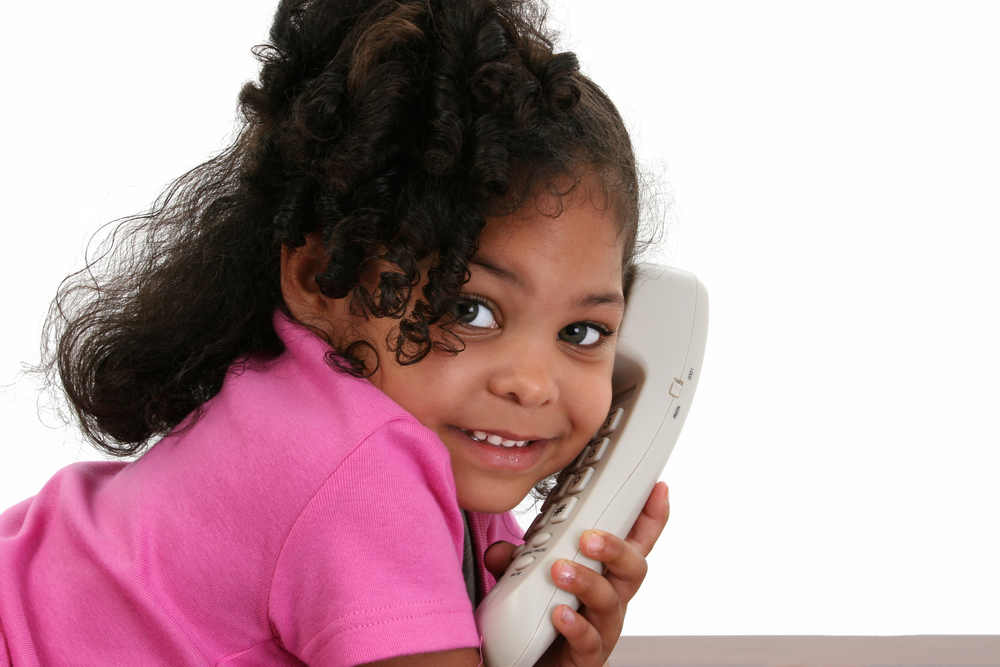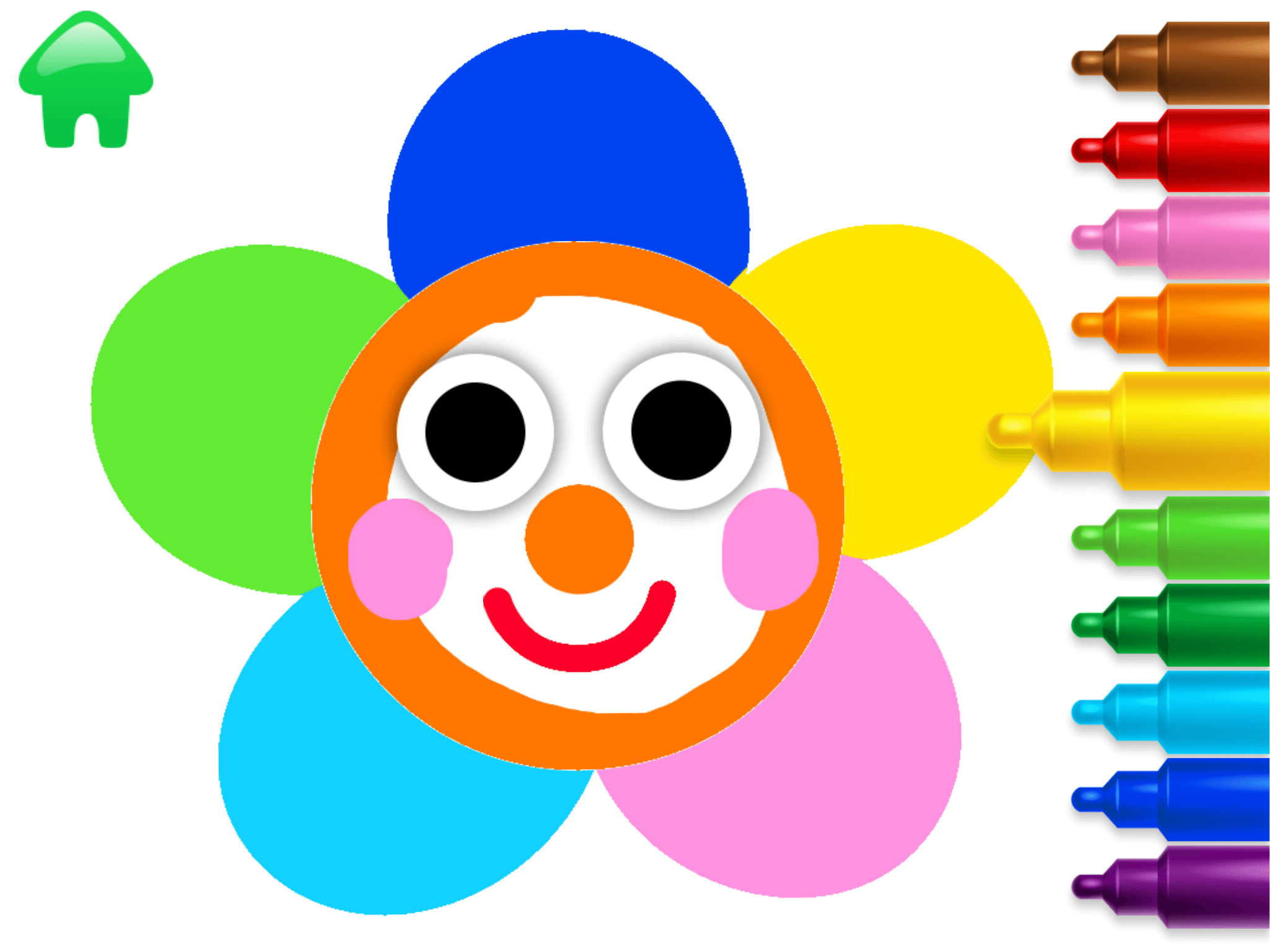Reading development Normal Worksheets for Ages 6-8
5 filtered results
-
From - To
Discover our comprehensive Reading Development Worksheets designed for ages 6-8, providing vital support in early literacy skills. Crafted to enhance fluency and comprehension, these worksheets cover various aspects of reading, including vocabulary building, phonics, and word recognition. Perfect for both classroom use and home practice, our engaging activities lay a strong foundation for continued reading success. Aligned with educational standards, each printable worksheet is created by experienced educators to cater to individual learning needs, helping children develop a love for reading while boosting their confidence and competence. Explore our collection today and watch your child’s reading skills soar!
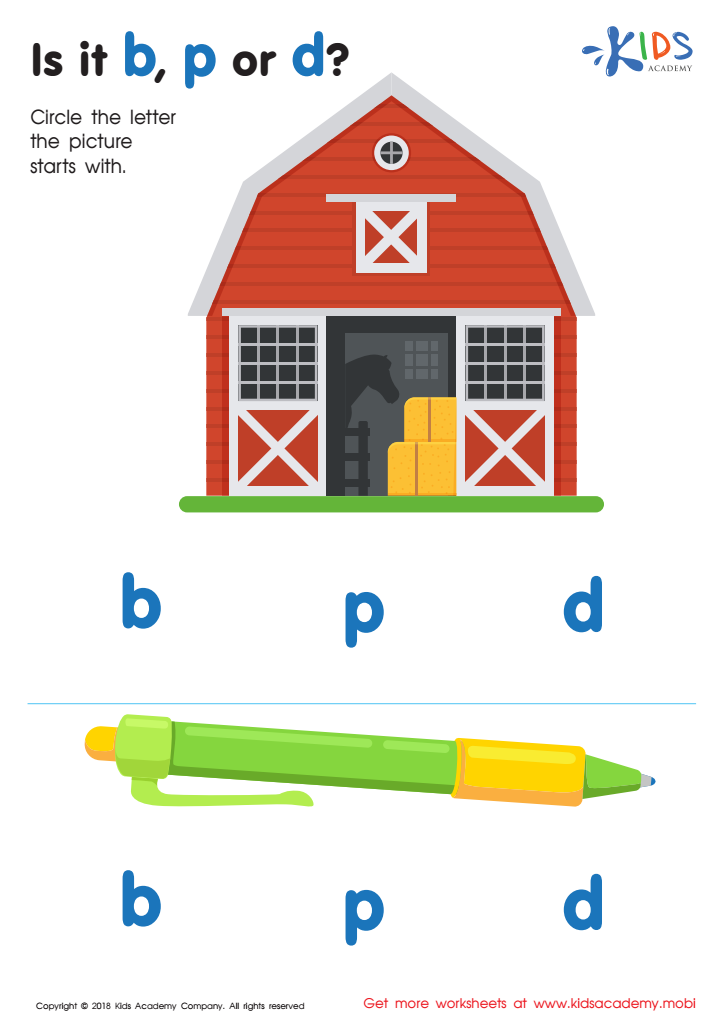

Is it b, p or d? Worksheet
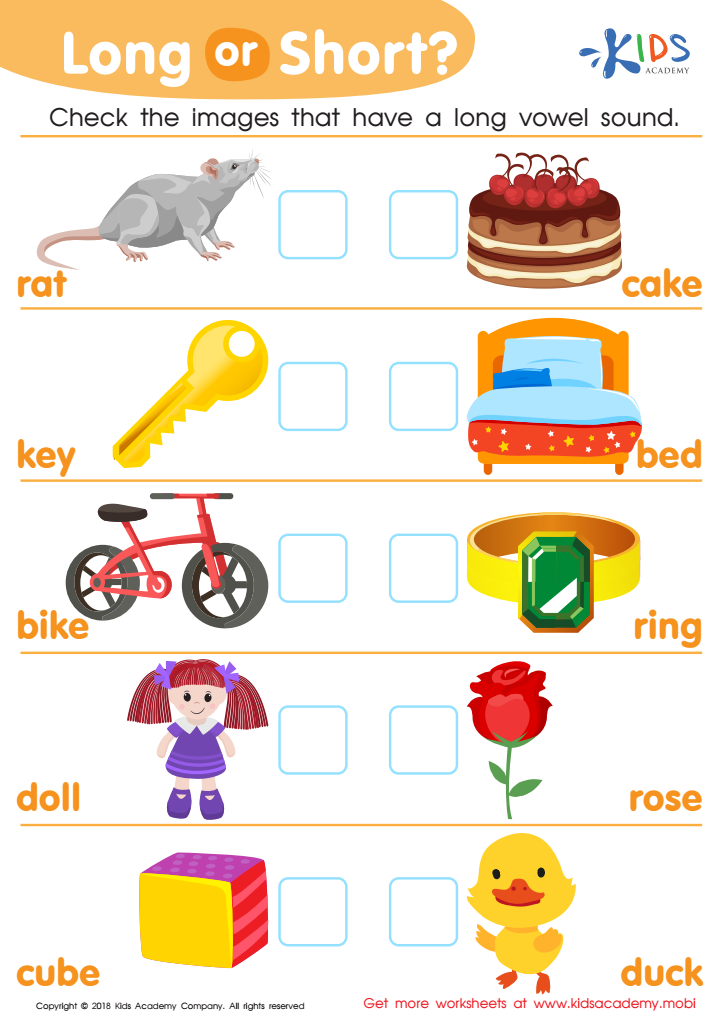

Long or Short Reading Worksheet
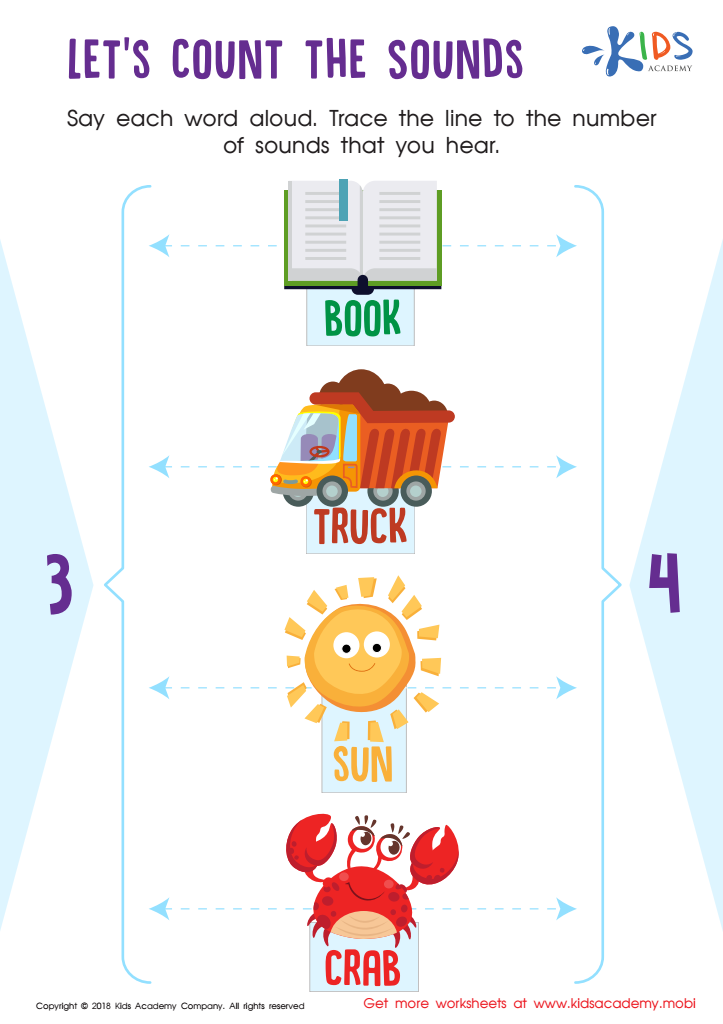

Let's Count the Sounds Worksheet
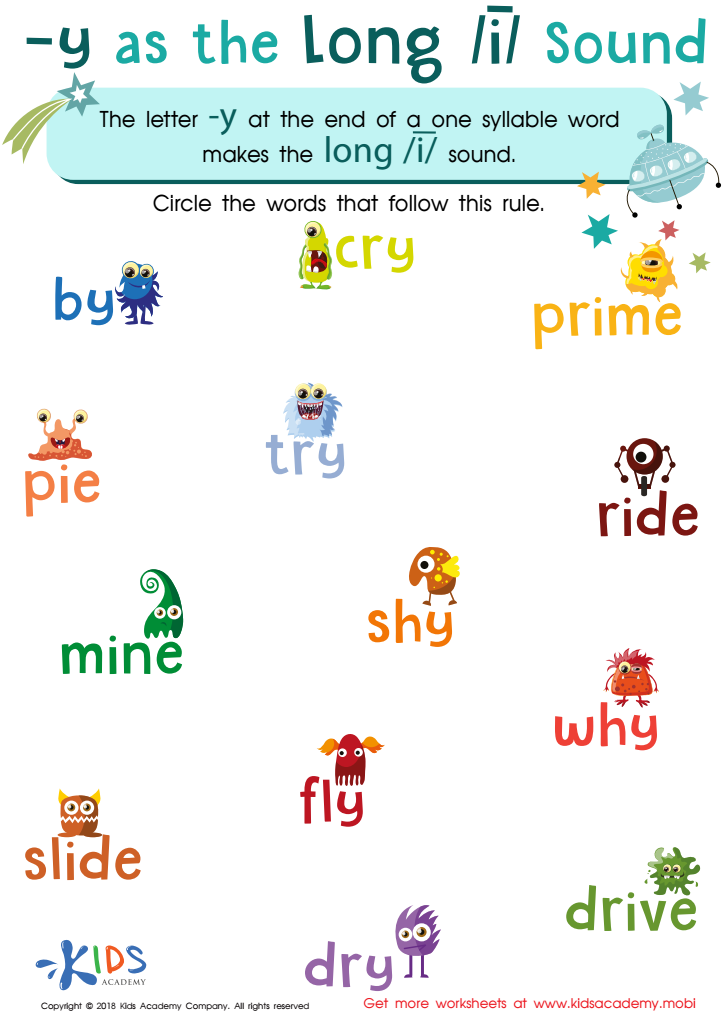

Reading: Y as Long I Worksheet
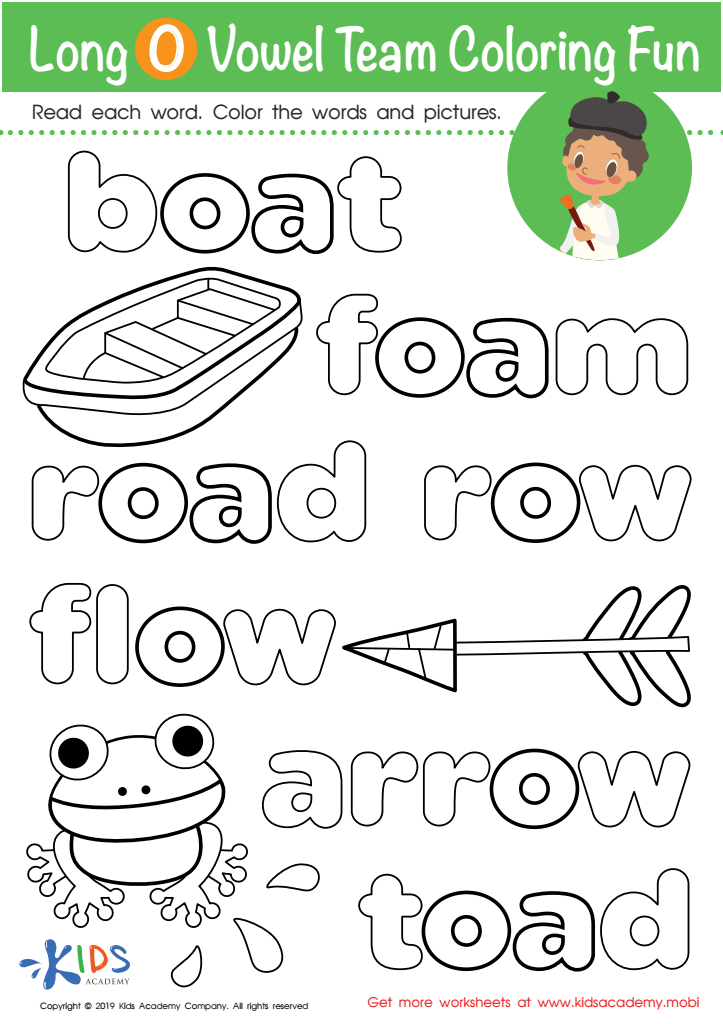

Long O Vowel Team Coloring Worksheet
Reading development in children ages 6-8 is crucial, setting the foundation for future learning and academic success. During these formative years, kids transition from learning to read to reading to learn. This period is marked by significant brain development; hence, grasping essential reading skills becomes easier. Proficient reading abilities enhance vocabulary, comprehension, and critical thinking, all of which are key in other subjects like math, science, and social studies.
Parents and teachers should prioritize reading development for several reasons. First, it fosters confidence and independence in children, cultivating a love for learning. When children read fluently, they experience less frustration with schoolwork, promoting a positive attitude toward education. Early reading skills lay the groundwork for academic performances extending into high school and beyond.
Moreover, kids who struggle with reading may face difficulties with self-esteem and social interactions, as literacy is tied to communication skills. Identifying and addressing reading challenges early can prevent future educational setbacks and social issues.
Teachers can create rich, engaging reading environments in the classroom, while parents can mirror this at home by reading with their children daily. Collectively, this support nurtures solid literacy skills, unlocking countless opportunities for a child's future educational journey and personal growth.

 Assign to My Students
Assign to My Students




